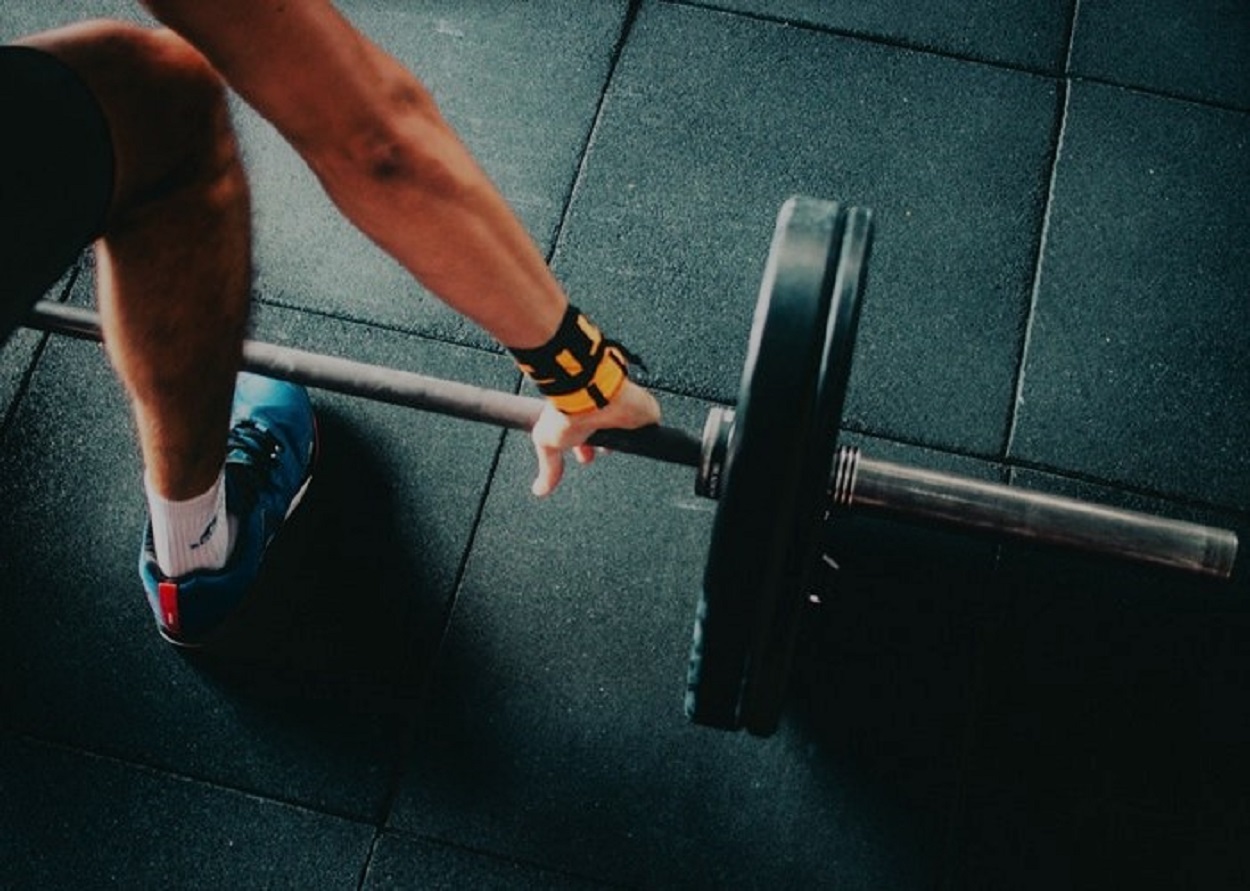Intermittent fasting is probably the best way to lose weight.
Excess body fat is best released by providing good insulin sensitivity and good energy metabolism – two things that can be achieved through intermittent fasting, free of charge and without complications.
In general, the limited intake of calories is health-promoting, as opposed to unlimited calorie intake. For example, restricting calories, consuming fewer calories per day than the daily requirement, is a proven effective method of significantly increasing your own life expectancy while decreasing your weight.
However, the calorie
restriction strategy has the significant disadvantage that it can lead to low
bone mass and reduced immune function (apart from other “little
things” such as constant freezing and concentration problems).
Intermittent fasting, on the other hand, has none of these detrimental side effects, as the amount of calories ingested remains as high as if you were not fasting. The calories are only taken concentrated at other times.
This has been
demonstrated not only in animal studies of intermittent fasting but also in
human studies as experimental subjects.
How Long Should You Fast?
The benefits of intermittent
fasting include not only increased fat burning but also a more efficient
metabolism and more muscle in the long term. Of course, these advantages can
not be achieved without effort. So how long does it take to fast in order to
achieve the full effect of fasting?
The answer to this question is unfortunately inconclusive, as that would be too difficult, not to make a clear and comprehensive study. Therefore studies on this topic are not only difficult to perform and therefore rare, but are often done on animals only and not on humans.
Nevertheless, based on
the available data, it is possible to develop a fairly good approximation.
By observing the changes
in insulin content in the blood over the period of a longer fasting period, it
was possible to ascertain that particularly favorable values are reached after
18 to 24 hours without food intake.
With an 18-hour fasting phase, you will be able to take advantage of most if not all the benefits of fasting. However, the fasting phase should not be much shorter, because the condition in which the body benefits from fasting must last for a certain period of time.
Balancing Intermittent Fasting with Training
It is clear that enough
protein has to be added after every strenuous exercise to support muscle
synthesis, thus allowing muscle growth and muscle recovery.
This takes place approximately up to 24 hours after a training session. Accordingly, one should in the 24 hours after training take in enough high-quality protein, exactly at least 1 gram of protein per kilogram of body weight.
This is easily possible
with a balanced diet by eating enough meat, eggs, yogurt and other dairy
products. In addition, protein intake can also be very well supported by
protein shakes from whey protein.
Accordingly, no fasting is possible in these 24 hours after training, if you do not want to hinder the body in his muscle-building efforts.
In order to be able to
use the full advantages of both power sports and intermittent fasting,
sufficient time must be planned in advance for both.
Training and Fasting Plan
Each person responds differently to their workouts and not everyone trains with the same intensity. Usually – given a high level of training intensity and appropriate exhaustion – it is definitely recommended to stay away from fasting after training for two days and to consume enough protein via food and protein shakes.
With the conclusion of
the dinner on the second day after the training, one can calmly begin his
fasting phase without having to worry that the body needs more protein for
muscle synthesis.
For example, if the last meal was taken at 7 pm, the next day would be exactly 18 hours by 1 pm the next day. This means that you just have to skip breakfast to fast long enough for the time.
It’s Not Just Food
Also, it is only necessary to abstain from food in addition to calorie-containing drinks such as juice. Water can and should be consumed in sufficient quantities. Furthermore, tea and coffee (unsweetened of course) are not a problem too as they do not interrupt the fasting phase as well.
Rather, tea, especially
green and black tea, or coffee are even recommended, as they accelerate the
physiological processes of fasting even further.
Those who train more often than all three days, such as Monday, Wednesday and Friday, of course, have less time for an extended fasting phase if you want to start only 48 hours after training.
But it is also possible
to train within a fasting phase. However, everyone should know their own
exercise limits and also finish the fasting phase after the training session to
consume sufficient protein for muscle synthesis.
Intermittent Fasting for Muscle Building
You may be thinking about whether it is not harmful to build muscle, by not eating for a long time.
It has always been the wisdom in weight training circles that you have to feed the body every three hours at the latest, otherwise, you will be in catabolic states and can slowly say goodbye to your muscles. Which, of course, is a nonsensical assumption.
In fact, increased growth hormone (IGH) is released by fasting phases from the body. This not only means that existing muscle is protected from degradation, but that even additional muscle mass can be formed; the same applies to bone mass. And a sturdy skeleton is as essential to a healthy body as it is to have enough muscle mass.
So you should get rid of
the idea that only constant training and uninterrupted eating can lead to
muscle growth and stronger bones. Rather, a fasting day is probably even more
conducive to muscle toning than an extra day of training.
Conclusion on Intermittent Fasting
Strength training is one of the best measures one can take for one’s health. Increased muscle mass and more efficient metabolism are not only responsible for a better lifestyle in particular but also for a long healthy life in general.
To be able to use all the benefits of strength training, a sufficient intake of protein must not be neglected. Especially immediately after training sessions.
For longer periods, from 18 to 24 hours or even longer, fasting, as well as strength training for good health is more than recommended. With a bit of planning, both regular weight training and fasting can be reconciled.
Those who practice both not only increase their muscle mass but are on the way to the best of health and can be sure to beat the nowadays rampant diseases of civilization.
What are your experiences with intermittent fasting and strength training through weightlifting? Feel free to share them with all of us in the comment box below.
Want to lift heavier and avoid injuries? 💪🔥
Download our FREE '5-Minute Warm-Up Routine for Maximum Lifting Performance' and get primed for every workout!
Click below to grab your copy now!👇
👉 Download the Free Guide



